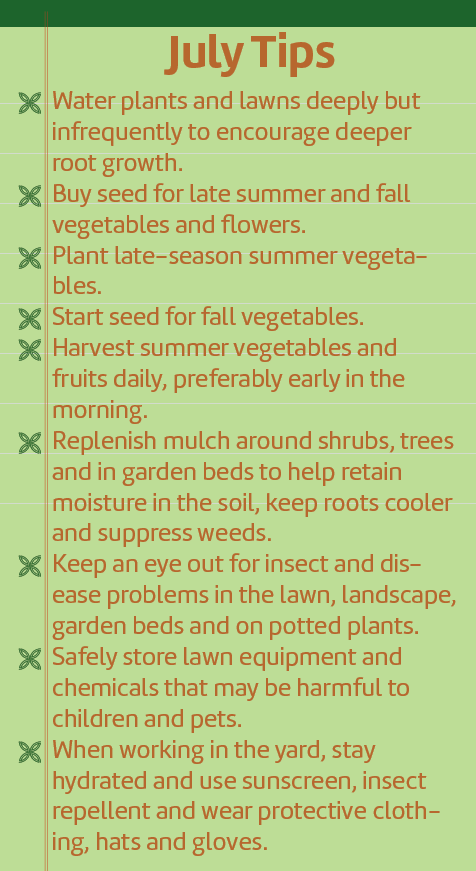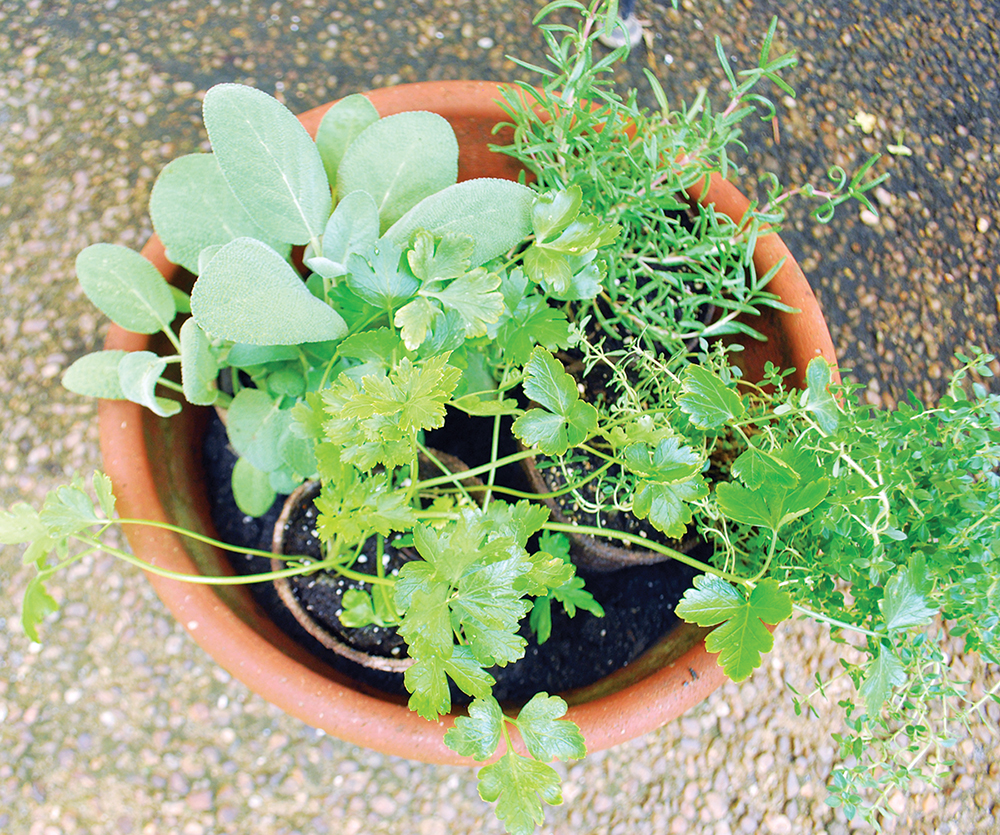Growing and using medicinal plants
By Katie Jackson

Plants have been used for their medicinal qualities since the dawn of humankind, and even today many medicines we consider “modern” are still derived from plants — cough, heart and pain medicines among them. The convenience of these pre-processed modern meds makes access to them easier, but it also means that fewer and fewer people know the importance of plants in our pharmacopeia or how to appropriately and safely use plants to cure what ails them.
There are, however, a number of Alabamians working hard to preserve and reclaim medicinal plant knowledge and, perhaps, put plants back to work for our health. Among them is Daryl Patton (http://thesouthernherbalist.com) who lives in northeast Alabama where he carries on the work of his late mentor, the celebrated Appalachian herbalist Tommie Bass.
There are also members of the Alabama Medicinal Plant Growers Association who are developing a medicinal plant economy for the state.
I’m sure there are many others as well, and I welcome information about them from you readers! But the two I know best are Auburn-Opelika horticulturists Tia Gonzales, a regionally renowned expert on culinary and medicinal plants, and Dee Smith, the former curator of Auburn University’s Donald E. Davis Arboretum who has a deep interest and extensive training in using medicinal plants.
 I turned to them for a few recommendations about how we can make use of medicinal plants and they both agreed: medicinal plants are all around us. Though according to Tia all plants have medicinal qualities, many of the best are already planted in our yards (from rosemary to roses) or growing there as weeds (think goldenrod and dandelions).
I turned to them for a few recommendations about how we can make use of medicinal plants and they both agreed: medicinal plants are all around us. Though according to Tia all plants have medicinal qualities, many of the best are already planted in our yards (from rosemary to roses) or growing there as weeds (think goldenrod and dandelions).
Of course, as with any medicine, it’s important to know what you’re using and how to use it, so before dosing yourself with any medicine, do your research. There are tons of resources in books, online and through workshops. You don’t, however, have to be an expert to use some of tried-and-true options, especially the culinary herbs that you may already be using in your kitchen.
Here’s a list compiled from Dee and Tia’s perennial and biennial herb recommendations. The list includes just a few of the health benefits of these plants, though most have a more extensive repertoire. By the way, Tia and Dee suggest planting these in containers near the kitchen so you’ll have them at your fingertips.
- Chives are both easy to grow, drought tolerant and they can help with digestive issues, boost the immune system, improve vision and ward off heart and cardiovascular problems.
- Rosemary is also easy to grow but it can quickly outgrow small pots so plant it in a big one or try ‘Chef’s Choice’, a new upright variety that is smaller and requires less space to thrive. Rosemary can boost memory, reduce inflammation, relieve pain, protect the immune system, stimulate circulation, and protect the body from bacterial infections and premature aging.
- Parsley is biennial so it must be replanted every two years, but it grows well year-round and is an especially great option for winter pots. It can help the body heal faster, aid in digestion, help prevent bad breath and reduce joint pain.
- Thyme, which can be used for respiratory infections and also as a topical antiseptic, actually grows best in pots rather than in the ground. It is available in a range of flavors so you may want to try several varieties.
- Oregano can be used to treat respiratory, urinary and gastrointestinal tract disorders, menstrual cramps and can be used topically to help skin conditions such as acne and dandruff. Use Italian or Greek varieties for the best flavor.
- Mints come in lots of flavors, from peppermint and spearmint to lemon and chocolate mint. They are all easy to grow and can become a bit invasive if planted in the ground, so pots are ideal. They not only make great teas and flavorings, they are can soother a number of tummy issues and often have a calming, sedative effect.
These are only a handful of options so spend some time exploring other medicinal plants and their uses and, with the caveat that you should use them all judiciously, you may soon be have a home-grown medicine cabinet just outside your door.
Katie Jackson is a freelance writer and editor based in Opelika, Alabama. Contact her at [email protected].




